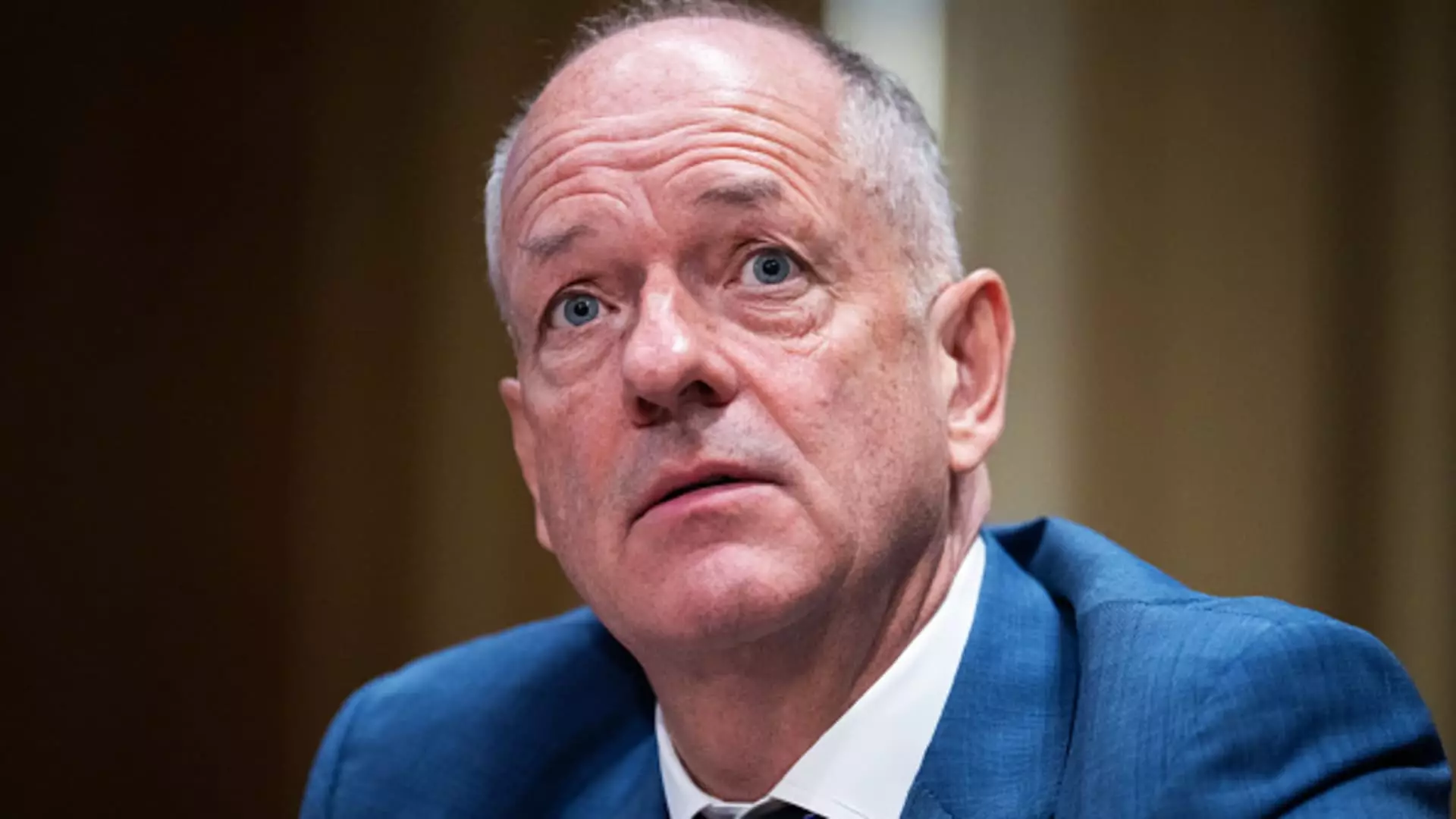The U.S. health care landscape finds itself at a critical juncture following the tragic loss of Brian Thompson, CEO of UnitedHealthcare, the largest private insurer in America. His untimely death, reportedly stemming from a violent confrontation in Manhattan, has ignited an urgent dialogue about the systemic flaws within the health care system. Andrew Witty, CEO of UnitedHealth Group, articulated this concern in a heartfelt piece published in the New York Times, where he openly recognized the dissatisfaction many Americans have towards the current system. Witty stated, “We know the health system does not work as well as it should,” acknowledging widespread critiques that the system is a complex patchwork rather than a cohesive design.
The complexities and inadequacies of the American health care system have long been topics of public discontent. Patients often experience various frustrations, from steep premiums and unexpected medical bills to opaque claim processes. Witty’s assertion that “no one would design a system like the one we have” resonates with many, emphasizing how the current structure has developed haphazardly over decades without strategic foresight. It raises an essential question: how can health care entities navigate these entrenched problems?
Witty speaks to a collaborative approach, asserting that the solution lies in partnerships. He emphasized that UnitedHealth Group aims to “help make it work better,” suggesting that stakeholder cooperation is crucial for exploring new pathways to high-quality, affordable care. Yet, a fundamental reexamination of industry practices, cost structures, and service delivery methods is also needed to effectively address the root issues at play.
The circumstances surrounding Thompson’s murder have amplified public anger towards the insurance sector, transforming him into a martyr of sorts in the ongoing critique of health care costs. Many Americans view the insurance industry with skepticism and resentment, blaming it for barriers to care access and the rising costs associated with treatment. Social media has become a platform for patients to share their negative experiences with insurance claims, revealing a broader narrative that indicates a desperate need for transparency and reform.
Under pressure to boost profitability amidst a tumultuous economic landscape, insurance companies, including UnitedHealth Group, are now challenged to implement significant changes while maintaining investor confidence. Witty recognized that improving communication regarding what insurance plans cover is vital. Clear articulation of claims processes and benefits can foster trust and ease patient concerns.
Witty’s reflections come at a pivotal moment not only in the wake of tragedy but also as a call to action for the industry. As he noted, the best health outcomes for patients rely on comprehensive clinical evidence that guides decision-making on claims. Establishing clearer lines of communication, along with steadfast collaboration between health care providers, payers, and patients, could be the first steps in transforming this flawed system.
In memory of leaders like Brian Thompson, who worked tirelessly to navigate the complexities of health care, it is essential that we move towards an era of reform characterized by openness, partnership, and above all, a commitment to improving patient care. The path forward will require not only strategic change within companies but also a broader advocacy for systemic reform in the U.S. health care framework.


Leave a Reply